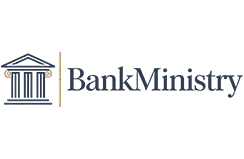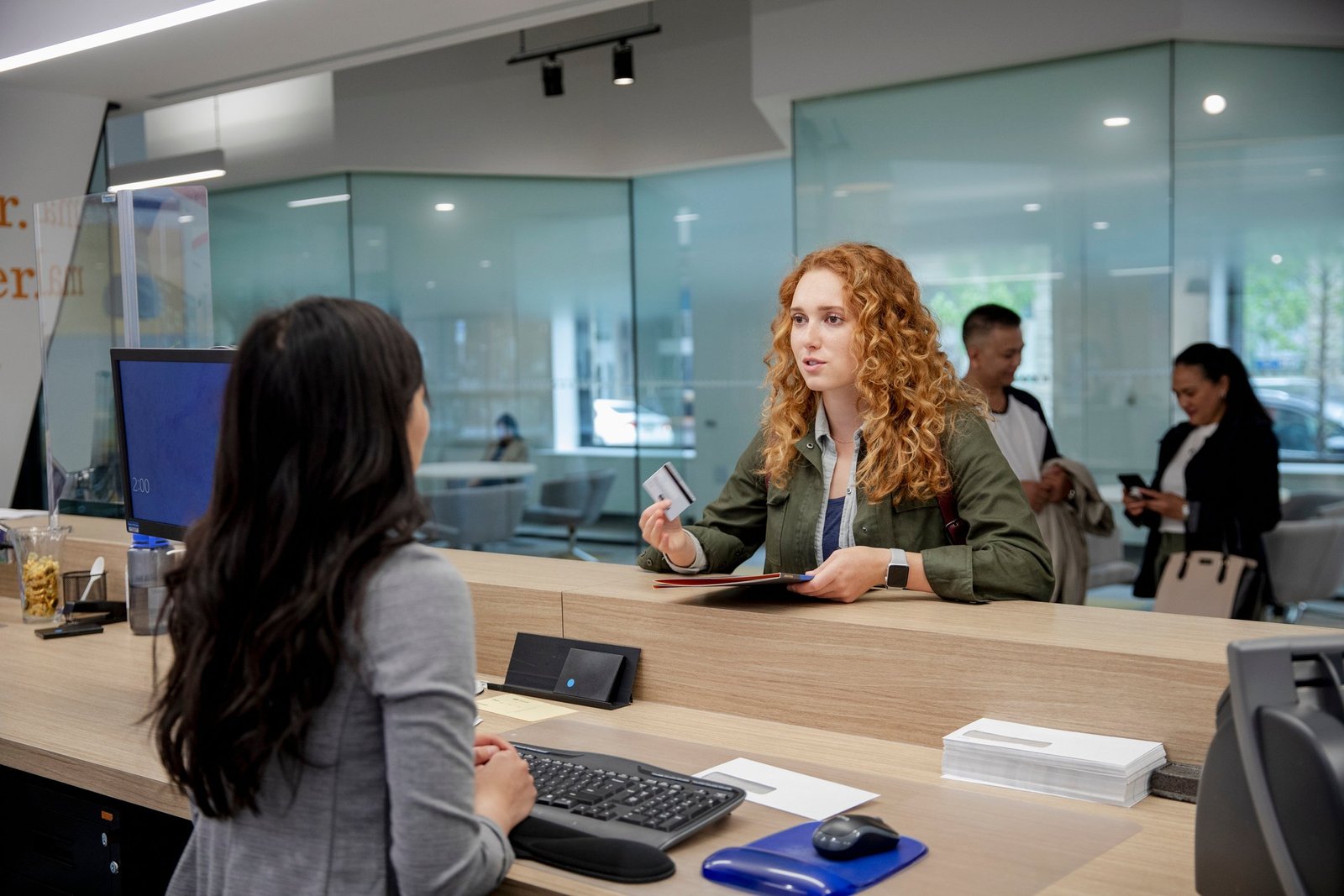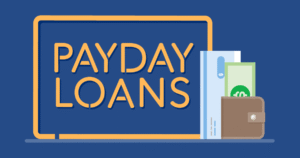It can be hard to get started with your finances, especially when it comes to learning how banks work and how to handle your money well. Banking is an important part of personal finance because it lets you safely save, spend, and grow your money. If you want to open your first bank account or just learn the basics, this guide will help you understand the main ideas behind banking and how to use them to your benefit.
What is a bank, and why do you need one?
A bank is a type of financial organization that helps people save money, provides loans, processes payments, and stores money. Banks help people get money by taking deposits from users and giving money to other people. A bank account is a safe place to keep your money, gives you access to digital payment tools, and lets you earn interest. It would be harder and riskier to save for the future and pay for daily costs without a bank.
How to Open a Bank Account
In most banks, people have either a checking account or a savings account. Checking accounts are made to be used every day. You can use them to put money, get cash, write checks, and pay for things with debit cards. They usually don’t pay interest, but they make it easy to get to your money. Savings accounts, on the other hand, are used to keep money for a longer time. They often give you interest on your amount, which makes you want to save money instead of spending it. If you know the difference, you can better handle your money to reach your financial goals.
How to Get Your First Bank Account
Opening a bank account is easy, but you need to do some planning ahead of time. You will need a legal ID, proof of address, and a deposit, which can be different at each bank. Look into a few different banks to find one that has good terms, like low fees, easy-to-reach offices or ATMs, and good customer service. It’s easier and faster to start an account at many banks when you do it online. You will get a bank card and cash, if needed, as soon as your account is open, so you can start using it right away.
How to Understand Bank Fees and Charges
A lot of the time, banks charge fees for services like overdrafts, account maintenance, and using ATMs. If you’re not careful, these fees can add up and take away from your savings. Before you choose a bank or account type, you should carefully read the fee schedule. Some banks will not charge you fees if you keep a certain amount of money in your account or set up direct payments. You can avoid fees that aren’t necessary and keep more of your money working for you if you understand and keep track of them.
Managing Your Money Online and on Your Phone: Technology has changed banks, making it easier than ever to handle your money anywhere and at any time. Most banks have internet and mobile banking options that let you check your amounts, move money between accounts, pay bills, and send checks from anywhere. These tools make things easier for you and help you keep track of your money. To keep people from getting into your accounts without your permission, you should use strong passwords and turn on two-factor security.
Why making a budget and saving money are important
Banking isn’t just a place to keep your cash; it can also help you reach your financial goals. Making a budget helps you keep track of your spending and income, so you know where your money goes. You can use savings accounts to save for big purchases, for emergencies, or to invest in your future. You can set spending goals and have payments done automatically at many banks. This makes it easier to get into good money habits and stay out of debt.
How savings account interest works
With a savings account, the bank gives you interest on the amount of money you have in the account. Most of the time, this interest is multiplied, which means you make interest on both the original payment and the interest that has been added over time. The interest rate is different for each bank and account type. There may be a bigger minimum amount needed for high-yield savings accounts, but the rates are better. Knowing about interest can push you to save more and pick accounts that give you the best results.
FDIC insurance will keep your money safe
The safety it offers is one of the main reasons to use a bank. In the US, your savings are safe because banks are backed by the Federal Deposit Insurance Corporation (FDIC). This covers up to $250,000 per depositor, per bank. Your money is safe, even if the bank fails. When picking a bank, you should always make sure that it is FDIC-insured to make sure that your money is safe.
How to Get a Loan
Banks also lend money, and this includes personal loans, home loans, and car loans. You can make big purchases or pay for problems by borrowing money, but it’s important to know the loan terms, interest rates, and due dates. Before taking out a loan, look at what different lenders are offering and be sure you can pay back the loan every month. Your credit score goes up when you take money responsibly and pay it back on time. This is important for future financial possibilities.
Things you can do to get along with your bank
Having a good relationship with your bank can help you in many ways, like making it easier to get credit, giving you personalized financial advice, and waiving fees. Avoid overdrafts, pay back loans on time, and keep your information up to date regularly to keep your accounts in good order. Don’t be afraid to ask bank employees questions or get help planning your finances. Having a good relationship with your bank can help you learn more about money and feel safer with it.
Bottom Line: Take Charge of Your Financial Future
Knowing the basics of banking gives you the power to make better choices about your money and build a safer future. You can start building wealth right away by starting the right accounts, keeping track of fees, using technology, and making saving a habit. Keep in mind that banks are more than just a place to store money; they can help you reach your goals. Feel good about starting today, and see how good banking habits can change your life.



